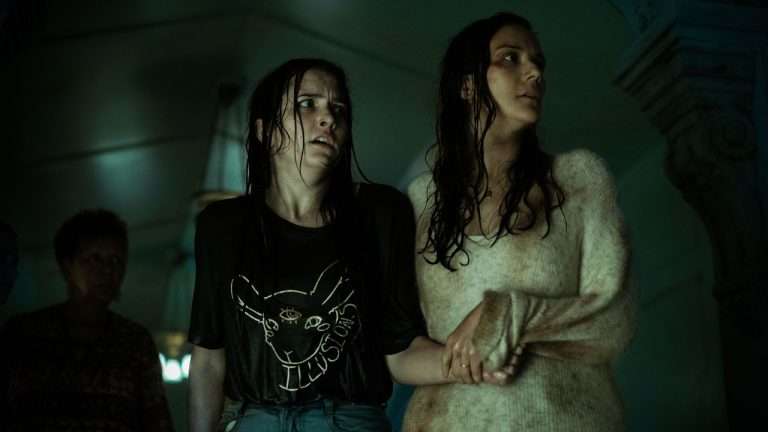There’s something quietly perfect about how Woody Allen’s “Small Time Crooks” (2000) opens with a small-time con with a harebrained plan to tunnel into a bank, a dingy apartment, a handful of halfwit partners, and the faint smell of burnt cookies wafting from a makeshift bakery. You laugh at first, expecting another of Allen’s neurotic comedies where everyone talks too much and life is one long punchline. But “Small Time Crooks” has a deeper current running beneath its chuckle. The film goes beyond the failed heist, tracing the looping dance of ambition and the ways people rise, stumble, and lose themselves in the endless act of trying to belong.
The story’s setup is simple: Ray Winkler (played by Allen) is a petty ex-con who dreams of one last big score. His wife, Frenchy (Tracey Ullman), runs a cookie shop as a front for the tunnel they’re digging. But the real twist isn’t in the crime, it’s in the irony. The bakery becomes a massive success, and before long, the Winklers go from frying dough to buying Degas.
It’s the kind of absurd leap only capitalism could choreograph: a couple stumbles into fortune, then drowns in the etiquette of a class that doesn’t want them. The robbery fails, but the cookies turn them into millionaires. In this absurd symmetry lies Allen’s sharpest idea, that the border between criminality and entrepreneurship is paper-thin, and that in a world where success matters more than morality, everyone’s just one good marketing plan away from redemption.
Yet, what makes “Small Time Crooks” shine isn’t its clever plot, but how it peels back the layers of aspiration with both warmth and precision. Allen treats Ray and Frenchy with a kind of detached curiosity, watching them as one might watch someone trying on a new accent, half amused and half sympathetic. The humour is gentle but loaded. A tiny pang of sadness follows every laugh, the way a sigh sometimes hides inside a chuckle. You laugh at the naivety of Frenchy’s social faux pas, and you recognize because, deep inside, everyone has been a little like her, desperate to be seen as “enough”.
It begins as a heist caper and gradually evolves into a social satire, taking the form of a morality play about taste, class, and the fragile scaffolding of self-worth. Allen has always been fascinated by class performance, witnessing the way culture becomes currency, but here he wraps that fascination in the dough of slapstick.
The first half of the film is pure farce: tunnels collapsing, arguments about shovels, and grown men behaving like schoolboys in a sandbox, where it’s physical, foolish, and irresistibly funny. Then, once success strikes, the tone changes completely. The camera slows down, the frames open wider, and the laughter feels different where it is further quieter, tinged with melancholy.
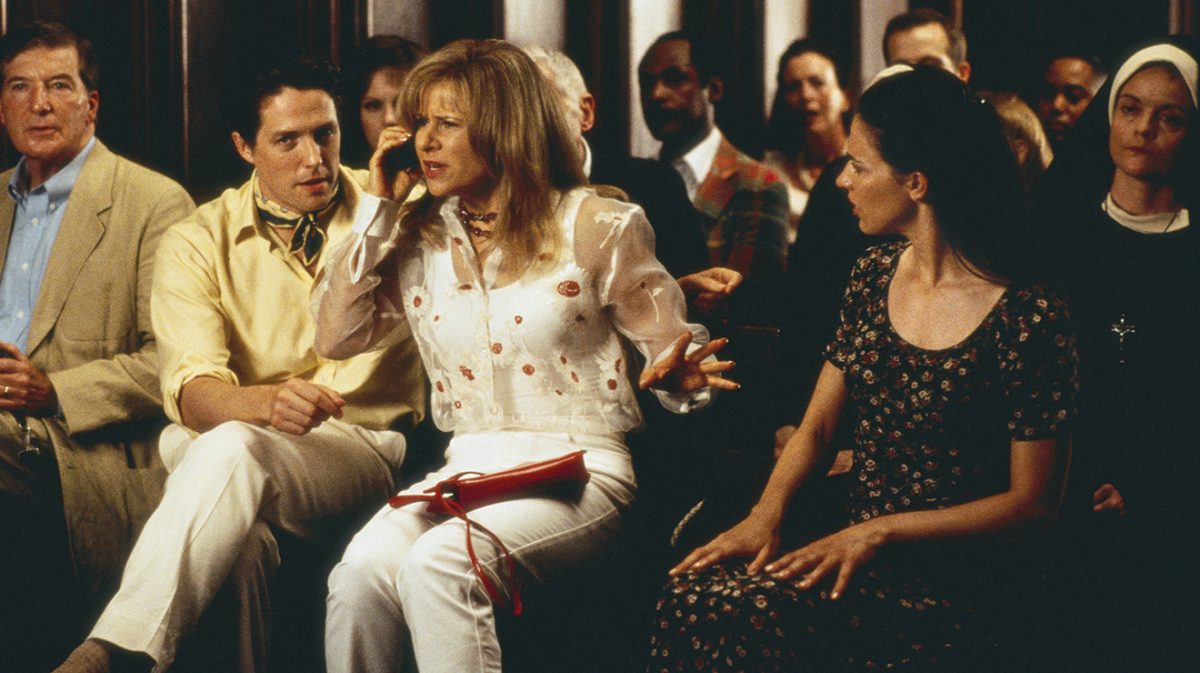
Frenchy’s transformation into a “lady of culture” is tragicomic in the most human way possible. She buys bad art, misquotes philosophers, hosts charity galas that look like parodies of taste, and tries so hard to sound refined that you can almost hear the strain in her voice. But Tracey Ullman plays her with such honesty that you never truly laugh at her. You laugh with her, then you wince, realising that she’s doing what everyone does when they come into new money or recognition, trying to fit in, trying to speak the new language of belonging.
Also Read: Woody Allen and Cinema as the Opium of the Masses
Allen, who’s been accused of elitism his whole career, turns the mirror on the very cultural class he’s often said to represent. Through Frenchy’s eyes, the art world and its self-proclaimed sophistication look like the grandest con of all. When Hugh Grant’s silky art dealer seduces her into buying worthless pieces, you realize Allen’s moral symmetry, where the thief and the connoisseur are simply different species of crook. In his universe, art forgery and bank robbery operate on the same moral frequency. Both depend on belief, on performance, on the illusion that something worthless can be made priceless through charm.
Visually, the film is a study in contrast. Zhao Fei’s cinematography gives the first half a cramped, brownish warmth with a world of small rooms, crooked lamps, and cheap wallpaper. The bakery, with its golden light and bustling energy, feels alive, chaotic, and full of hope. Then, as the Winklers ascend the social ladder, the palette shifts. The colours become colder, the spaces emptier, the light more artificial. It’s as if success literally bleaches them out. There’s a haunting visual irony in how the richer they get, the less real their world feels.
The golden glow of the film, comforting in the beginning, now indicates artificiality, a veneer of gold paint over cracks. And Allen, being an attentive orchestrator, makes certain you feel this shift not through exposition but through rhythm. As the story unfolds, editing gets slower, and the cadence of the dialogue changes.
The conversations that sounded quick and instinctive now are oddly timed, and the pauses are heavy with self-awareness. Even jokes that were raw and impulsive now seem rehearsed, as though the characters are performing versions of themselves, rather than speaking. The laughter that erupted from a real surprise now sounds like the hollow politeness of small talk at a dinner party.
This subtle tonal shift encompasses the film’s transition from a tale of chaotic charm into one of emotional dissonance. The soundtrack captures this evolution with remarkable precision: the lively jazz of the early scenes, full of mischief and rhythm, gives way to more restrained classical music, carefully arranged and deliberately distant.
With this change, Woody Allen crafts a quiet metaphor about social ascent and its costs. The higher Ray and Frenchy climb up the ladder of wealth and status, the more they lose their rhythm-not in speech and gesture, but in the deeper intuitive sense of themselves. The refinement they pursue is their very undoing, as the rawness that once gave them authenticity is supplanted by performance. The world they’re entering demands poise over passion, decorum over chaos, and in that bargain, they give up on something life-essential, that is, a capacity for spontaneous joy that defined them.
A Spotlight on the Decade: Best Italian Movies of the 2000s
Yet “Small Time Crooks” is not cynical. Its heart beats in the fragile marriage at its center. Ray and Frenchy’s love story is the kind that feels unpolished but real. In their best moments, they tease each other like kids, united by small dreams and shared foolishness. But once success arrives, the cracks appear. Ray misses the noise, the laughter, the thrill of scheming. Frenchy, on the other hand, is drunk on her own reinvention, desperate to prove she’s more than a cookie queen.
Their split isn’t born of malice, but of mismatched dreams. When the money vanishes, as it inevitably does, and the two find themselves back where they started, there’s a tender poetry in their reunion. They’ve been stripped of everything false, everything ornamental, and what’s left is something raw, maybe even honest.
The ending feels subdued and a little self-conscious, like a soft sigh shared between two people who have finally come to understand each other. Allen simply allows the irony to settle naturally. In losing everything, they find themselves again, or at least the closest version of themselves they can live with. What makes “Small Time Crooks” so special, especially when you revisit it now, is how effortlessly it captures the American dream’s absurd ballet. The film explores class as something more than money, showing how taste, refinement, and intelligence are staged, practiced, and traded. It reveals a society that praises the self-made while mocking them for lacking polish.
Allen’s humor slices through that hypocrisy like a knife dipped in honey. Frenchy buying hideous art because she thinks it makes her cultured is funny, yes, but it’s also heartbreakingly human. She’s the embodiment of our collective need to be validated by something external, to prove that we belong to a world that never really wanted us. That’s the brilliance of Allen’s satire. It laughs because crying would be too much.
And beneath all its laughter and irony, “Small Time Crooks” remains a mirror for us. When Frenchy tries to learn “class”, when Ray insists he’s happy with what he had, when the two of them stand in the ruins of their brief empire, we recognise ourselves. The movie’s title stops feeling funny. The “small-time crooks” hustle for identity, trying to steal a piece of dignity in a world that sells it at a markup. That is where the film’s quiet power lies. What starts as a light comedy about cookies turns into a reflection on the cost of desire. It leaves a tender reminder that the deepest deceptions often happen within us, when we mistake worth for something that can be priced.

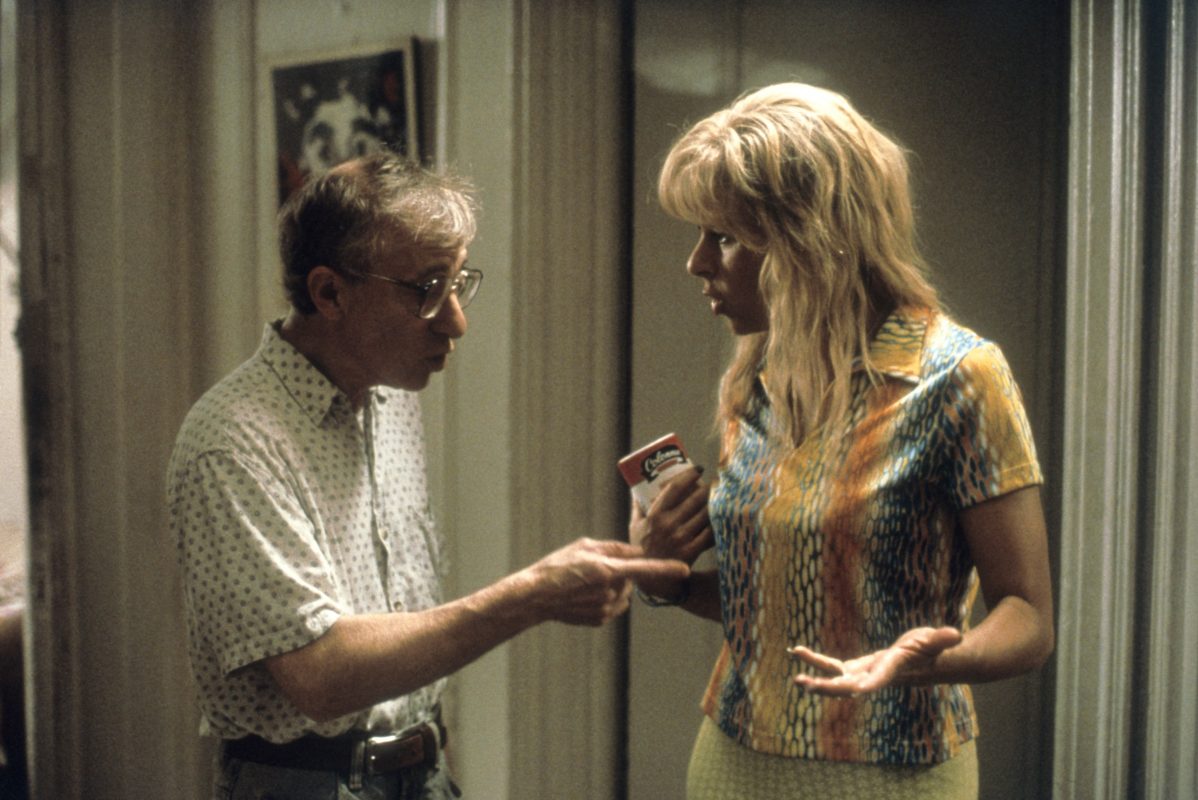


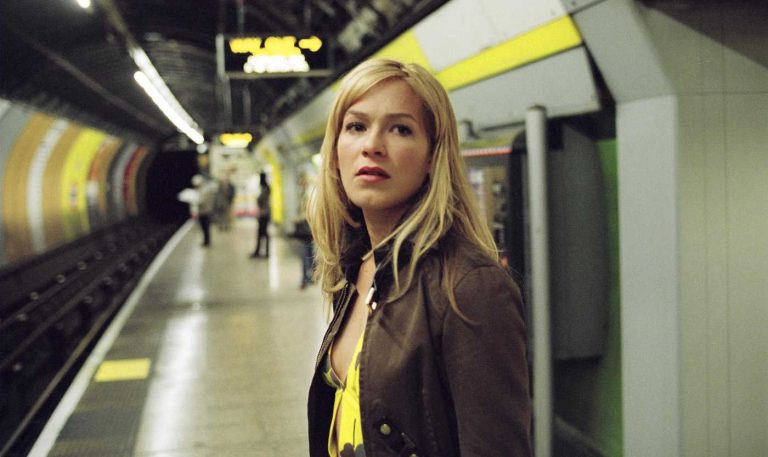
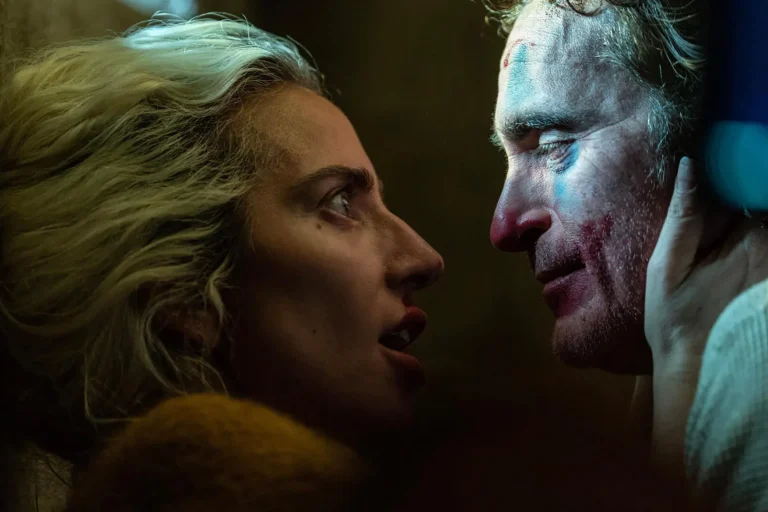
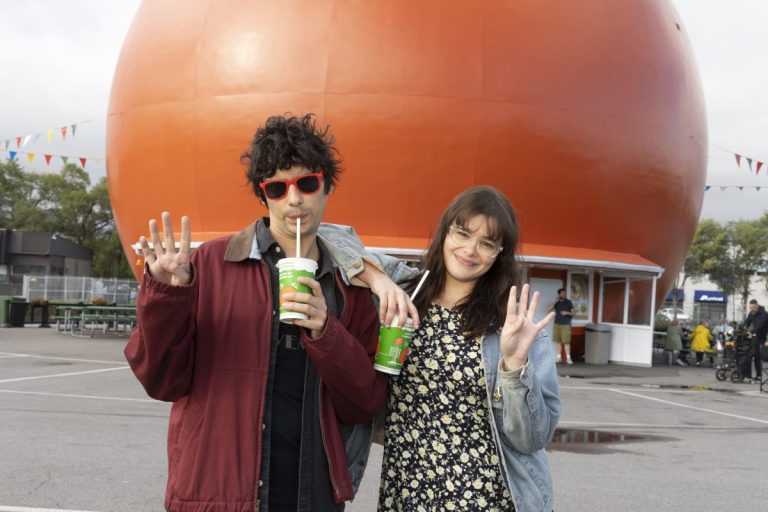

![Incendies [2010] : The Horrors Of Revelations.](https://79468c92.delivery.rocketcdn.me/wp-content/uploads/2017/03/Incendies-768x448.jpg)
